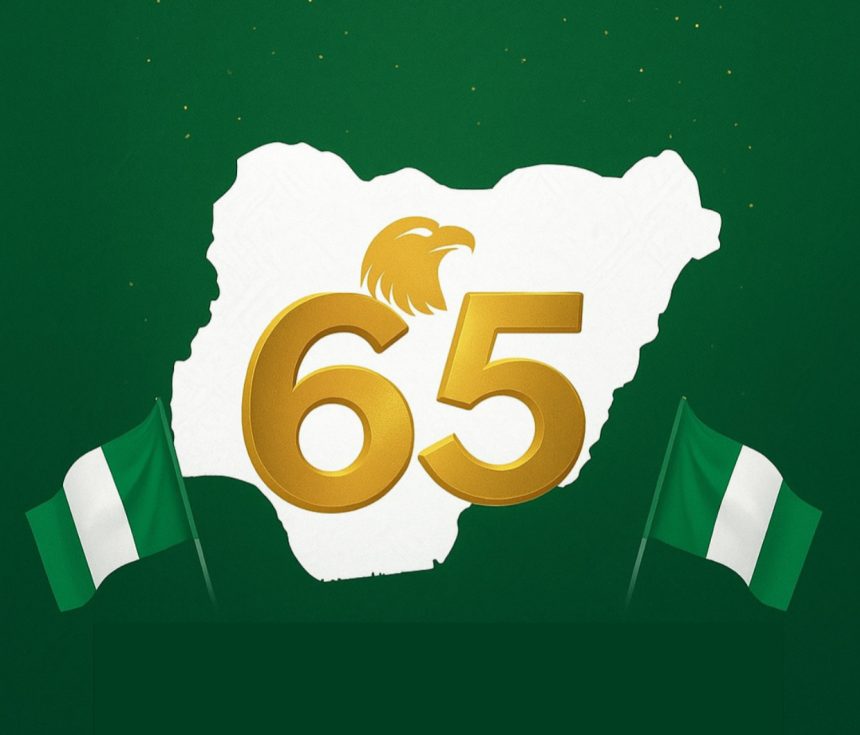Nigeria gained political freedom from Britain in 1960, as citizens welcomed the promise of a new dawn under the green-white-green flag. It was a moment of joy, hope, and pride. The Union Jack came down, a symbol of colonial rule replaced. But sixty-five years later, a pressing question remains: how much of that independence is real, and how much is merely symbolic?
Nigeria may govern itself constitutionally, yet its reliance on foreign institutions and systems tells another story. High-profile corruption cases are often pursued abroad, while international lenders and organizations continue to influence national policy decisions. Independence, in practice, is diluted when a nation cannot fully determine its own path.
Despite vast oil wealth and natural resources, corruption has crippled Nigeria’s progress. Political leaders have often treated governance as a tool for self-enrichment. Billions siphoned into foreign accounts highlight a failure of accountability at home. Courts, the legislature, and even electoral bodies are widely perceived as compromised, leaving citizens doubtful of justice or fairness.
The daily lives of citizens reflect the cracks in the system: electricity remains unreliable, inflation erodes purchasing power, youth unemployment continues to rise, and more than half of the population lives below the poverty line. Essential services such as health care, education, and infrastructure are underfunded, forcing many to seek solutions outside Nigeria’s borders.
Yet, amid the struggles, Nigerians continue to display remarkable creativity and resilience. The tech ecosystem, the arts, music, and grassroots community efforts demonstrate that innovation thrives even where the state falters. A vibrant younger generation remains determined to redefine what independence truly means.
For Nigeria to move beyond symbolic freedom, it must embrace good governance, with leadership that prioritizes the nation above personal interests. Strong institutions are needed an independent judiciary, an effective legislature, and a credible electoral process. Economic self-reliance should be pursued through investment in industries that reduce dependence on foreign economies, alongside urgent improvements in infrastructure, education, and health care.
At 65, Nigeria still carries the outward symbols of independence a flag, an anthem, and a seat among nations. What it lacks is the deeper substance: freedom from corruption, economic sufficiency, and accountable leadership. Until these are achieved, independence will remain incomplete more of a promise than a reality.



